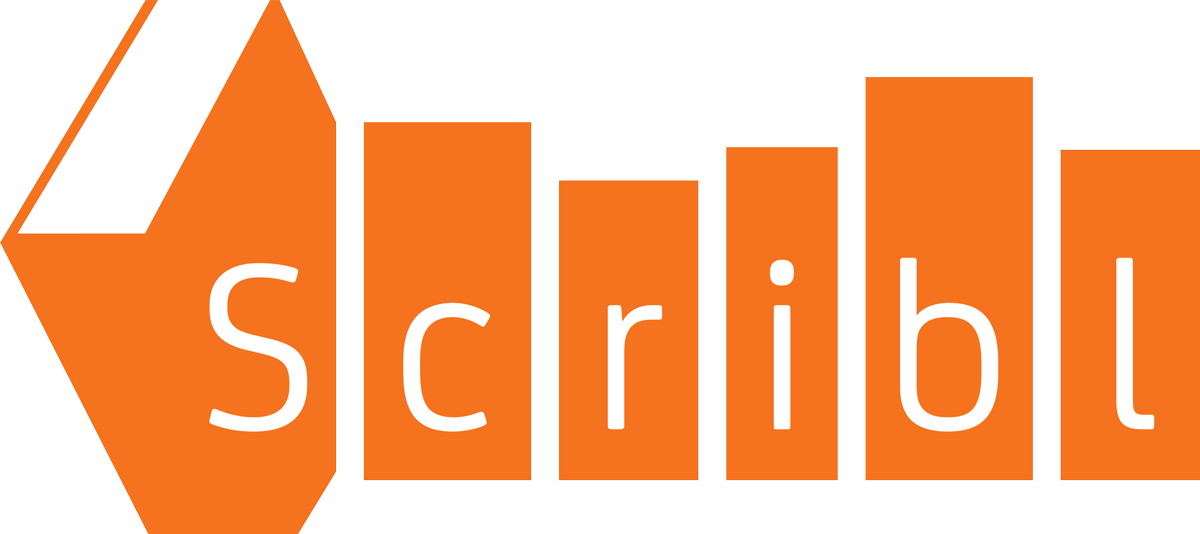Synopsis
Time: Mastering the Mundane is a pragmatic approach to applying ideas and patterns to get stuff done, achieve flow, and get it all out of your head.
Together, we'll build a time management system from scratch while giving you a handy reference covering everything from the standard list to just about any other layout you can imagine.
Audience
Who this book is definitely for: You’re struggling with time, setting boundaries, and enjoying your life. Your house is on fire (hopefully not literally), and you don’t think you have time to develop mission statements, explore your values, and find purpose in life. If long-term strategic planning ever existed, it went out the window some time ago, and you’re just looking to make it through today. Today is all you have left in the tank. You don’t have time for, nor possibly interest in, what some refer to as “woo-woo hippy bullshit.”
Who this book might also be for: You’ve read a lot of self-help and self-management books. You understand that the message, generically speaking, is the same. Maybe they haven’t stuck. Maybe you’re looking for a different messenger. Maybe you’re in a rut with what you currently have and want to try something different.
Who this book is not for: You have hit bottom (literally) and can’t see (or aren’t willing to try) alternatives to your current situation or ways of working, and you feel helpless to change them.
I’ve been there.
In that situation, I recommend finding a friend who has offered or is willing to show up for you (and let them do so), a coach, a therapist, or a combination. Low- and no-cost options for all of those should be available to you. Or, if you have moments and maybe days where you’re more optimistic, try doing the stuff in this book and setting it aside if you slide back down.
I see you. I feel you. And I wish the best for you.
Knowledge Elements
Reading Intent
| Purpose: | Reference book |
|---|---|
| Reader's Existing Knowledge: | Intermediate |
| Target Audience Age/Stage of Life: | Everyone (no target age) |
Example Forms
| Author's Personal Anecdotes: | Some |
|---|---|
| Citations: | Footnoted or linked in context |
| Examples and Case Studies: | Heavy use of a single or small number of specific examples or cases |
| Exercises and Reader Questions: | Primarily or exclusively questions or exercises |
Writing Style
| Humor: | Just a bit of fun or humor |
|---|---|
| Narrative: | Second person (instructive) |


